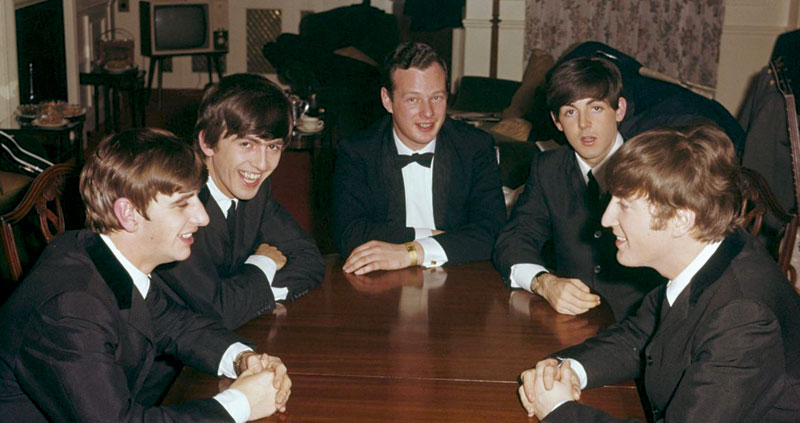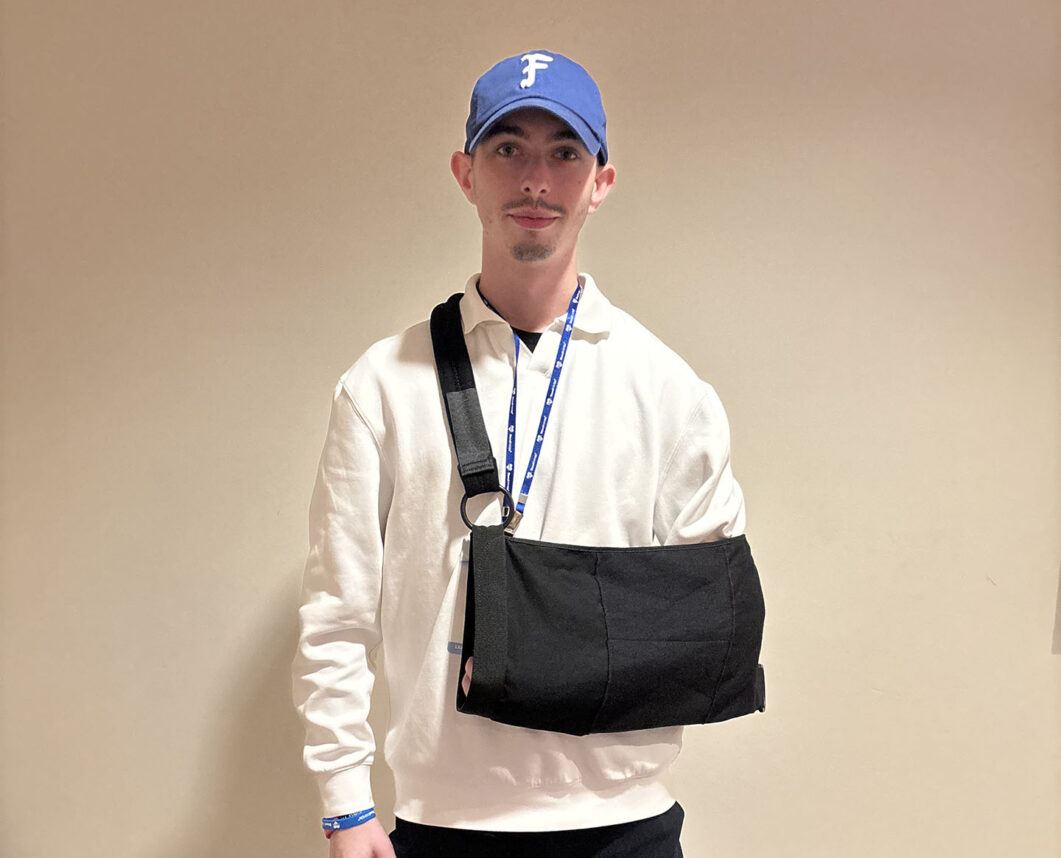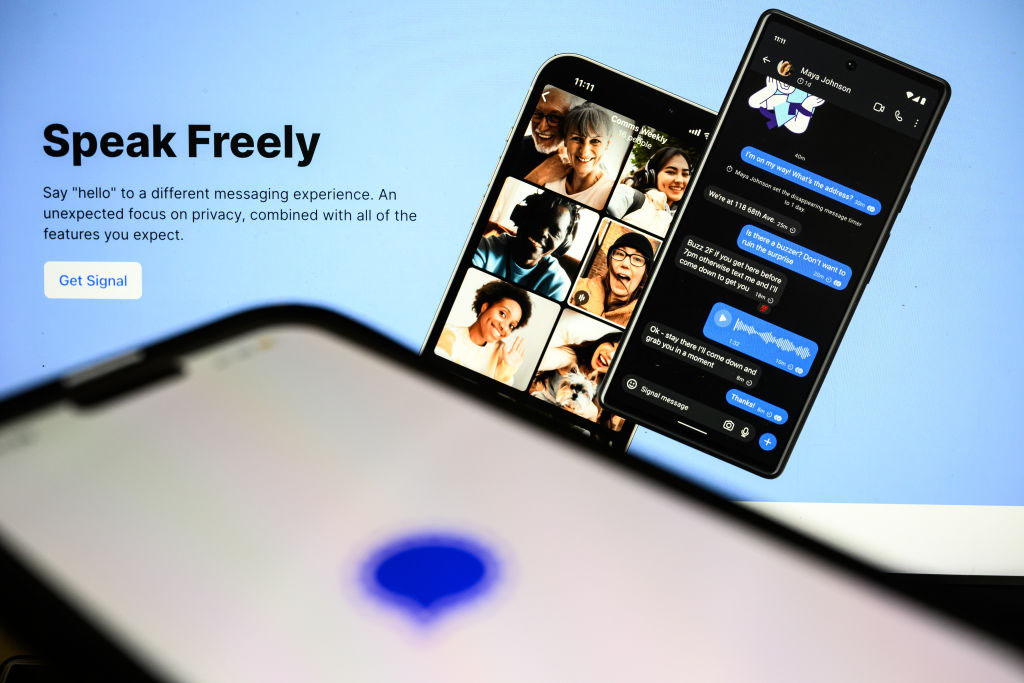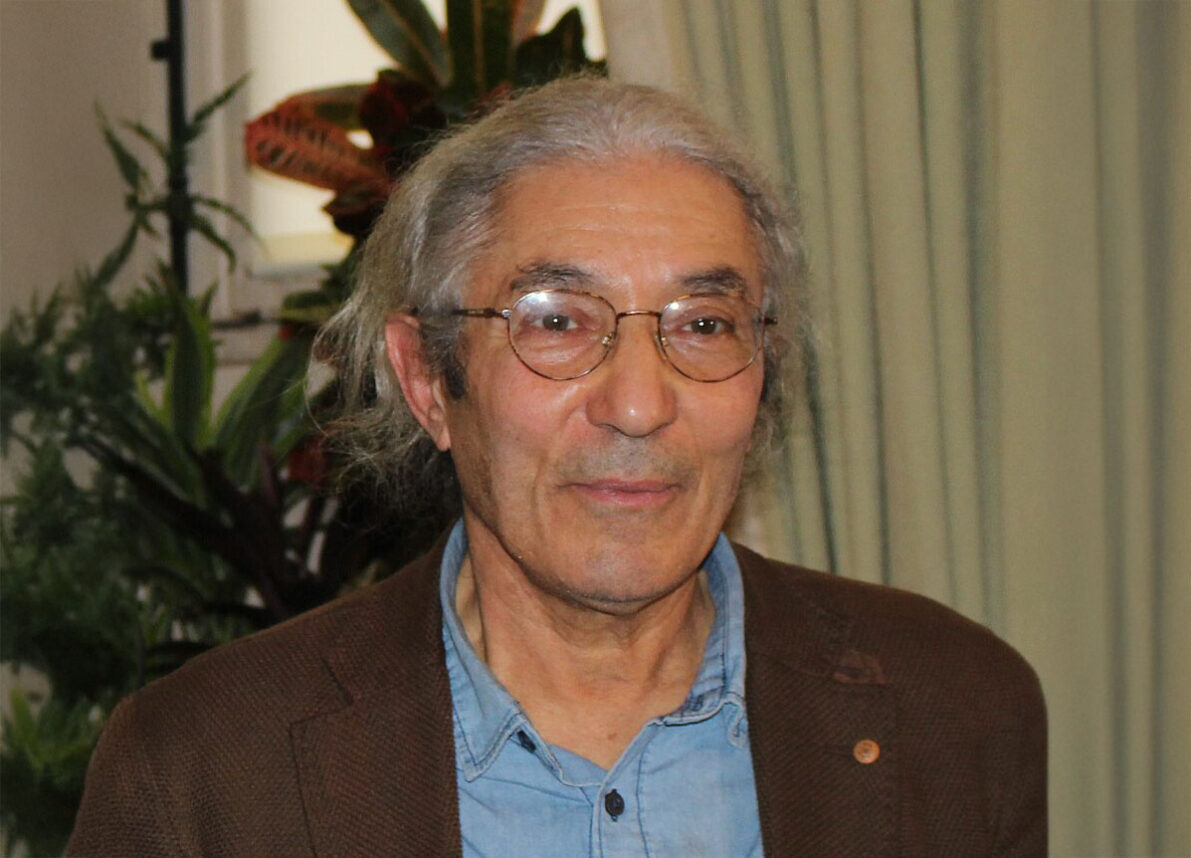
When Martin Lewis was a young boy in North West London, Brian Epstein was a hero, someone to look up to. He remembers how excited he was when he found out that the manager of the Beatles was Jewish.
“As a kid, I was well aware there were no Jewish British pop stars or comedians, except maybe one,” said Lewis, in an interview with the Journal. “In America, it was different; there were quite a few. When I found out that the Beatles had a Jewish manager, I thought, aha! Finally, something I can be proud of. Whenever we talked about the Beatles at school, I always used to add: ‘And their manager is Jewish.’”
“Whenever we talked about the Beatles at school, I always used to add: ‘And their manager is Jewish.’”
– Martin Lewis
When Epstein died on Aug. 27, 1967, from a combined alcohol and barbiturate overdose, Lewis was heartbroken. “I was 15 and I never met him, but I was very affected by it,” he said. Forty-seven years later, Epstein was inducted into The Rock and Roll Hall of Fame thanks to Lewis, who had worked tirelessly for 15 years to make it happen.
Ask Lewis about the Beatles and Brian Epstein and he will gladly dive into a long, in-depth history of his favorite band. Known as a Beatles historian, he is considered one of the foremost experts in the field. He has written and broadcast extensively about the band and hosted Beatlefest (the Beatles fan convention) until 2014. As a producer, he has worked with Paul McCartney and Julian Lennon.

(Not actual size. Or actual age)
Lewis will speak on his favorite subject on Friday, August 23 at a TED Talk-style event at The Philosophical Research Society, marking the 60th anniversary of the Beatles’ landmark appearance at the Hollywood Bowl in Los Angeles in 1964. “The Greatest Beatles Story NEVER Told!” will explain how an unknown band from Britain was able to sell one million copies of “I Want To Hold Your Hand” in the U.S., have a sold-out concert at the Hollywood Bowl and get 73 million Americans to watch them on “The Ed Sullivan Show” (the usual audience back then was 14 million).
“They went viral before there was viral,” Lewis said. “And this was all thanks to Epstein. No Brian, no Beatles. They said so themselves in different ways while they were together. Without him, they wouldn’t have gotten out of Liverpool. Paul even referred to him as the fifth Beatle.”
When he was invited to talk about the Beatles, he thought, “Why not tell the story of Brian Epstein? His story never received much attention. The Jewish community has never been as vocally proud as it should be of Brian. He was a hero, and he just simply got forgotten over time. The Jewish community should be proud of him.”
Lewis moved to the U.S. from Britain in 1982. He recalled telling his parents that he finally could live peacefully as a Jew.
“In Britain, there wasn’t overt antisemitism, but a subtle one, kind of looking down their noses,” he said. “In the U.S., it was different, but look at us now — its 2024, and it’s full-blown antisemitism, just like my parents experienced in the 1930s.”
As an avid teenage Beatles fan, Lewis was hired by book publisher Heinemann Publishing Editorial Director Roland Gant to compile the discography for Hunter Davies’ 1968 biography, “The Beatles.” At 18, he became a freelance music journalist in the UK, writing for weekly music newspapers including New Musical Express, Disc and Record Mirror. He was then hired as a publicist by former Beatles publicist Derek Taylor at WEA (Warner-Elektra-Atlantic) Records UK, where he created his first publicity campaign for the American art-pop duo Sparks.
Lewis has worked in the music, comedy and film industries as a publicist, marketing strategist and producer, collaborating with some of the best known names in entertainment, including “Monty Python”’s John Cleese. In the 1990s, he was hired by Derek Taylor to be the U.S. marketing strategist for the “Beatles Anthology” and “Beatles Live at the BBC” projects. His successful campaigns led to engagements with Sir Paul McCartney and Sir George Martin to promote their projects.
“When I worked with Derek, I told him how fascinated I was by Brian and he shared amazing stories about him,” Lewis said. “Right toward the end of his life, he told me, ‘Martin, you have a mission. There is nobody to talk about Brian anymore.’ His biographer had just died, his mother died and Derek knew he was about to die. I organized the republication of his autobiography and led the campaign to get him into the Rock and Roll Hall of Fame.”
In 1961, Epstein was running his family’s record shop when he first heard the Beatles at a lunchtime concert at the Cavern Club. Although he had no experience the Beatles agreed to let him be their manager. He was only 27 years old at the time. By 1964, they were the biggest band in the world.
In 1967, Epstein died of a drug overdose; his death was ruled an accident. He was homosexual, which was illegal in the UK at the time. Without any immediate survivors, there was no one to keep his memory alive. His only brother had three children, but none of them really knew their famous uncle. “I was in touch with one of his nephews who gave me the permission to run a website about him, but there is really no one in the family who even remembers him,” Lewis said.
Lewis has dedicated decades to the Beatles and to immortalizing Brian Epstein. When asked why he chose to do so, without any monetary gain, he said, “The pleasure they had given me is invaluable. As kids we always rebel against our parents, but how could I have rebelled against my parents when they loved the Beatles so much?”
He even managed to introduce them to McCartney at one of his Beatles projects. “He said he isn’t sure if he can come and then arrived and said ‘I’ll only spend a few minutes’ and then stayed there for six hours. In the end of the evening, it was only Paul, my parents and me.”
When his father was on his death bed, Lewis and his mother sat beside him and sang him Beatles songs, among them “When I’m 64” and “All You Need Is Love.”
“He was in a coma and completely unconscious, but in my mind he reacted.”
“The Greatest Beatles Story Never Told” can be seen at the Philosophical Research Society at 7:30 p.m. on August 23 — exactly 60 years after the Beatles’ landmark performance at the Hollywood Bowl























 More news and opinions than at a Shabbat dinner, right in your inbox.
More news and opinions than at a Shabbat dinner, right in your inbox.